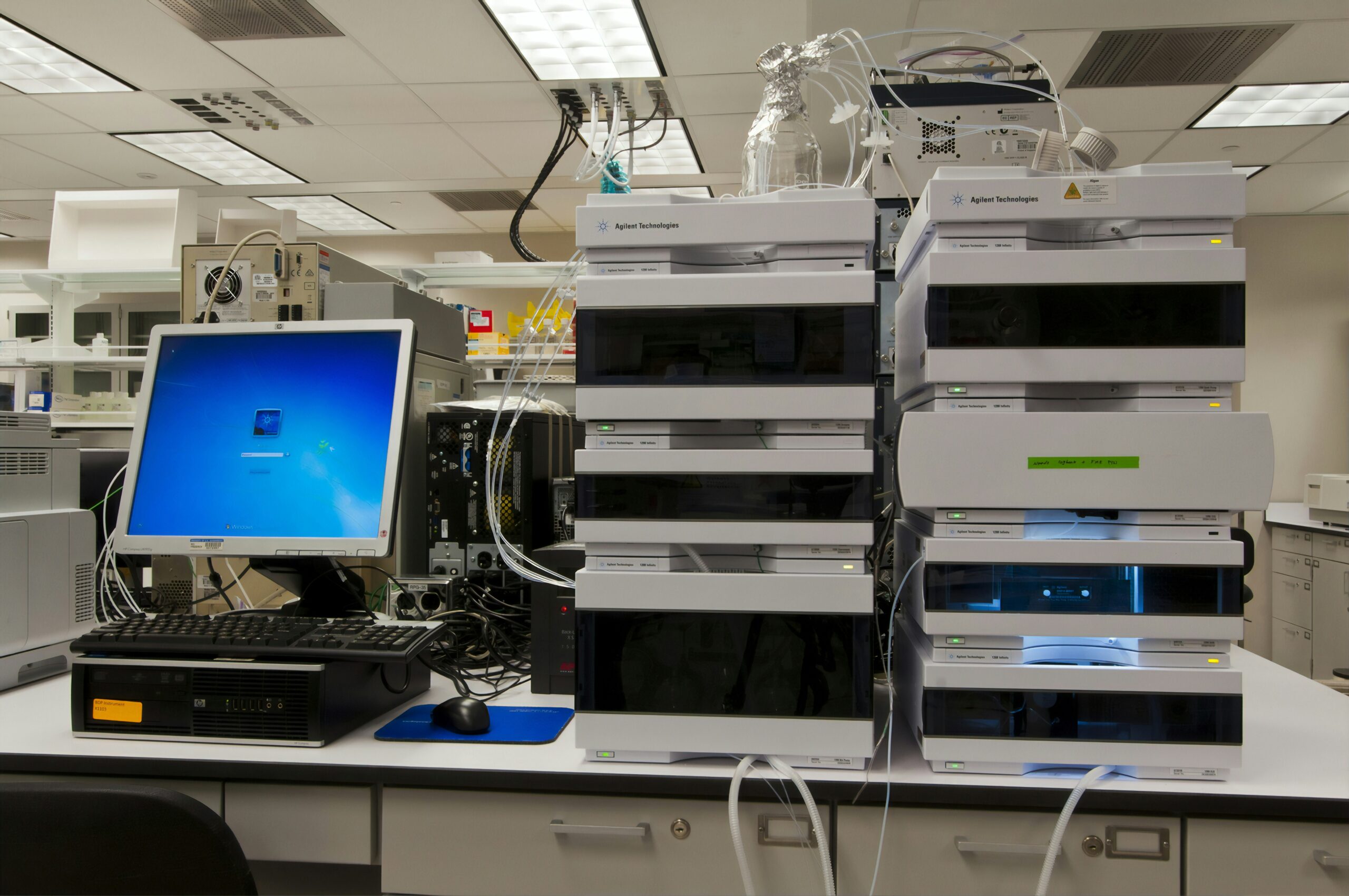
ADHD is often perceived as a condition affecting children’s behavior in classrooms, characterized by restlessness and difficulty focusing. However, the implications of ADHD extend far beyond academic challenges. Individuals with untreated ADHD face increased risks of substance misuse, accidents, and even criminal convictions, impacting families and communities at large.
A groundbreaking Swedish study now offers compelling evidence that ADHD medication not only alleviates classroom difficulties but also significantly reduces some of the most severe risks associated with the condition.
Protective Benefits of ADHD Medication
A comprehensive study conducted in Sweden has revealed that individuals with ADHD who adhere to prescribed medication experience fewer serious life risks. The research, involving 150,000 participants, indicated lower rates of suicidal behaviors, substance misuse, criminal convictions, accidental injuries, and road accidents among those on medication.
While previous studies suggested such outcomes, this latest research provides robust evidence through rigorous trial emulation methods. “This is the best approach, the closest to a randomized trial,” stated Zheng Chang from the Karolinska Institute in Sweden.
Beyond Immediate Symptoms
When considering ADHD medication, families and doctors often focus on improving academic or work performance. However, untreated ADHD can have consequences that extend well beyond educational challenges. “When drugs are considered for managing ADHD, the wider consequences of not taking them can be overlooked,” explained Samuele Cortese from the University of Southampton.
Parents might notice daily academic struggles but may not realize how treatment can prevent more severe issues later in life. “If you don’t treat ADHD, there are risks,” Cortese emphasized. “Now we have evidence that treatment reduces these risks.”
Evidence from Real-World Data
ADHD is associated not only with inattention and impulsivity but also with higher risks of injury, substance misuse, and criminal behavior. While randomized controlled trials confirm that medication reduces core symptoms, they rarely examine these broader impacts.
To address this gap, researchers employed a method called target trial emulation. By analyzing Sweden’s national health, legal, and population registers, they replicated the design principles of a trial within real-world data. This approach enhances reliability by comparing individuals who began ADHD medication within three months of diagnosis to those who did not, reflecting routine clinical settings and making the results more applicable to everyday patients and families.
ADHD Medications Lower Suicide and Accidents
Medication was associated with a 17 percent reduction in suicidal behaviors and a 15 percent decrease in road accidents. Substance misuse dropped by about 25 percent, while criminal convictions saw a similar decline. The reduction in accidental injuries was modest for initial incidents but more pronounced for repeated occurrences.
For individuals with a history of such issues, the benefits were even more significant. Those previously involved in substance misuse or crime experienced greater risk reductions when on medication. Stimulant drugs, such as methylphenidate, produced larger effects than non-stimulants.
“It’s always helpful to know if medications can impact daily life beyond reducing symptoms,” said Adam Guastella from the University of Sydney. “This information is also important for governments to help policy-makers understand the potential benefits of treatment for broader society, such as mental health or criminal outcomes.”
Why Medication Makes a Difference
The study published in The BMJ suggests that ADHD drugs may reduce impulsivity and improve attention, subsequently lowering risky behaviors. For instance, enhanced focus can help drivers avoid accidents, while reduced impulsivity may decrease aggressive actions that lead to criminality.
Researchers noted that while randomized trials often exclude half of ADHD patients typically seen in clinics, this emulation study included a wide population ranging from ages 6 to 64, making the findings more representative of real-world cases.
ADHD Medication and Safer Futures
These findings illustrate that ADHD medication is not solely about managing symptoms in the classroom. Treatment may contribute to shaping safer and healthier futures, mitigating risks that affect both individuals and society. The evidence also underscores the importance of stimulants as first-line options, a recommendation supported by current clinical guidelines.
If you or someone you know struggles with suicidal thoughts, support is available. In the UK, call Samaritans at 116123. In the US, dial 988 for the Suicide & Crisis Lifeline. For international resources, visit here.
The study is published in the journal The BMJ.
—
Like what you read? Subscribe to our newsletter for engaging articles, exclusive content, and the latest updates.
Check us out on EarthSnap, a free app brought to you by Eric Ralls and Earth.com.







